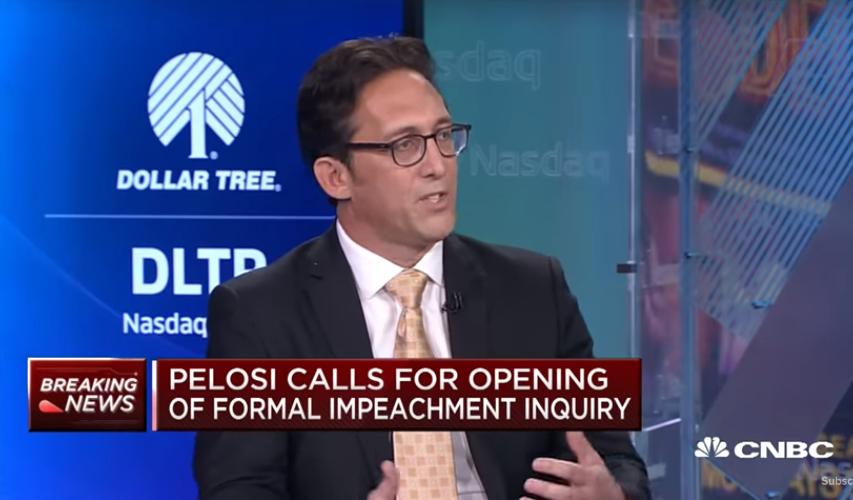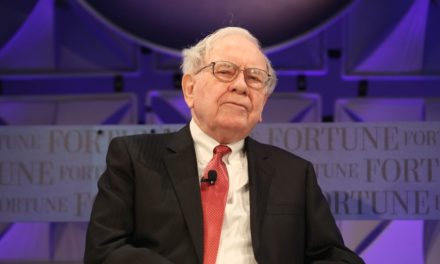Wells Fargo Head of Equity Strategy Chris Harvey said the current stock market, with the S&P 500 and Dow Jones Industrial Average setting record highs, is just about at its peak and we should expect smaller returns heading into next year.
The S&P 500 set a record high of 3,078 on Monday while the Dow set its latest closing high of 27,492 on Tuesday. However, Harvey said market sentiment is getting a bit too bullish and he expects a shrinking of profits, though not an outright correction.
“We kind of hate this market,” Harvey said Wednesday on CNBC’s “Trading Nation” program. “When did we stop liking this market? It’s been relatively recent. The market has moved very close to our price target, and many of the catalysts that we talked about have played out.”
The “catalysts” include the Federal Reserve’s slashing of interest rates, the latest cut coming last week (the third in fourth months and first three in more than a decade), and earnings reports that came in as higher than expected.
Harvey’s year-end price target for the S&P 500 is 3,088, just under where it sits as of 11 a.m. EDT today at 3,094. The market saw a rally Thursday morning on … you guessed it, trade war optimism. As of 11 a.m. EDT, the S&P 500 was up 0.6%, the Dow was up 0.9% and the Nasdaq was up 0.8%.
“What we’re left with is near-term sentiment and near-term sentiment being the driver of prices,” Harvey said. “That could be based on a tweet. It could be based on positioning. And so, it becomes very difficult to handicap this market at this point in time.”
Harvey is not predicting a major crash or anything like that.
“We don’t think the wheels are going to fall off the cart,” he said. “We don’t think we’re going to have a 10% correction.”
Instead, Harvey said investors should expect smaller — though still decent —returns as 2020 begins.
“I would say mid single digits for your capital market returns. And, if you have mid single digits, you should be happy,” added Harvey. “These double-digit returns that we’re used to? I think those are a thing of the past.”
So when should you consider taking profits? Not quite yet, Harvey said.
“Do we talk about a melt-up? Is that possible? Sure, that’s possible,” he said. “As we look forward, there’s not much left for us to substantially say the market is going to move higher.”




